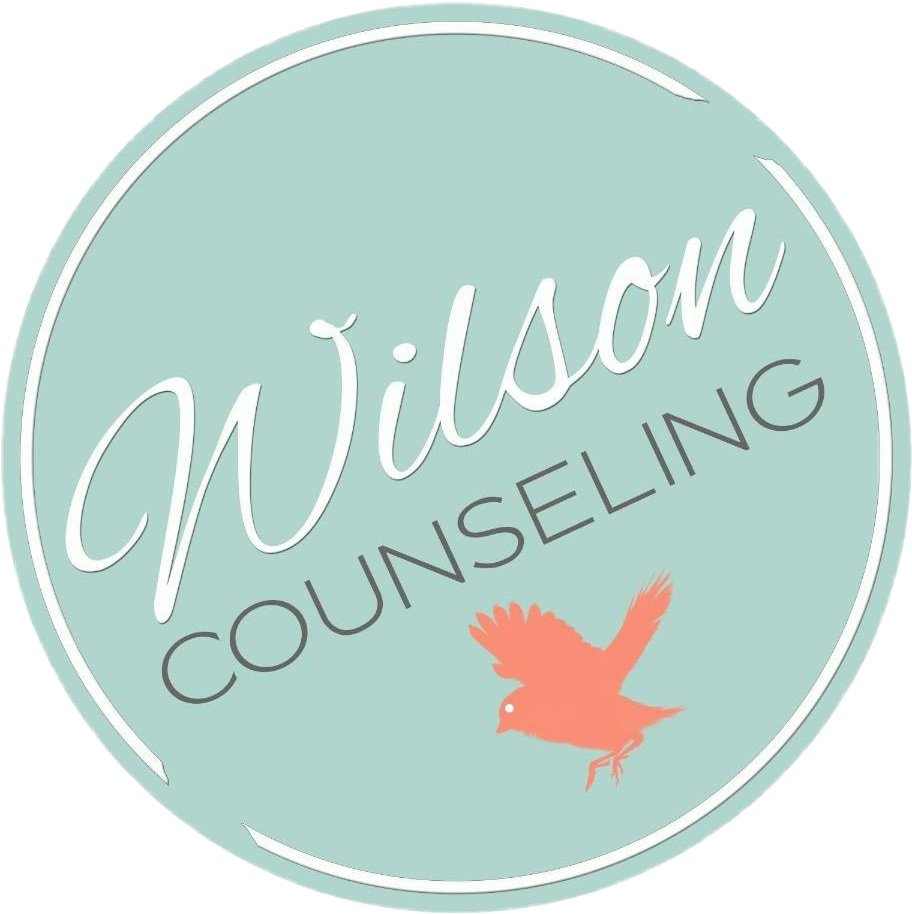Starting college is an exciting milestone, but it can be particularly challenging for those with eating disorders. As a psychotherapist in Houston, I have seen several clients face this critical transition. Here are some key strategies and a sample transition plan to help your loved ones navigate this new chapter successfully.
Medical Stabilization
Before heading off to college, it is crucial for students with eating disorders to be medically stable. This includes maintaining a stable weight, ensuring proper hydration, and being psychologically stable. Regular check-ins with healthcare providers can help monitor these aspects and prevent potential setbacks.
Awareness of Triggers and Management Plans
College life comes with many new experiences, which can be overwhelming. It's essential for students to be aware of their triggers and have a solid plan to manage them. This might include identifying stressful situations, understanding emotional responses, and having strategies in place to cope healthily. Regular therapy sessions can be instrumental in building these skills.
Establishing Healthy Coping Behaviors
Developing and consistently utilizing healthy coping behaviors is a cornerstone of managing an eating disorder. This might involve mindfulness practices, journaling, or engaging in hobbies that bring joy and relaxation. Encouraging students to establish these routines before college can help them stay grounded during the transition.
Scheduling Treatment Team Sessions and Support Groups
A strong support system is vital. Ensure that treatment team sessions and support groups are scheduled regularly. This continued professional support provides a safety net and fosters a sense of accountability. Many colleges also offer counseling services that can supplement existing support.
Time Management and Prioritizing Recovery
Time management is a critical skill for all college students, but it is especially important for those recovering from eating disorders. Prioritizing recovery amidst academic and social demands can be challenging. Creating a balanced schedule that includes time for meals, exercise, rest, and self-care activities can help maintain this balance.
Developing a Healthy Relationship with Exercise
Exercise can be a double-edged sword for individuals with eating disorders. It is important to establish a healthy relationship with physical activity. This means understanding and respecting the body's needs and limits, rather than using exercise as a compensatory behavior. Consulting with a fitness professional who understands eating disorders can be beneficial.
Living Arrangements Conducive to Recovery
The living environment plays a significant role in recovery. It's important to choose living arrangements that support a healthy lifestyle. This could mean selecting a dorm with a kitchen to prepare balanced meals or finding roommates who are understanding and supportive of the recovery process.
Establishing Medical and Psychiatric Services at School
Before the semester begins, identify medical and psychiatric services available at the school. Establishing connections with campus health services ensures that students have access to necessary medical and psychiatric support without delay. This proactive approach can prevent crises and provide continuity of care.
Accountability Plan with Dietitian, Therapist, and Psychiatrist
Creating an accountability plan with a dietitian, therapist, and psychiatrist can help keep recovery on track. This plan should outline specific target behaviors and goals that the student is expected to maintain. Regular check-ins and updates ensure that everyone is on the same page and working towards the same objectives.
Sample Transition Contract
To bring all these elements together, I recommend creating a transition contract with your student. This contract should outline specific target behaviors, such as:
- Maintaining a stable weight and hydration status
- Regularly attending therapy and support group sessions
- Consistently using healthy coping mechanisms
- Following a balanced meal plan
- Scheduling and attending medical and psychiatric appointments
Having this contract in place ensures clarity and sets expectations for both the student and their support network. It serves as a tangible reminder of the commitment to recovery and provides a framework for accountability.
Starting college is a significant step, especially for those managing an eating disorder. With careful planning and a strong support system, it is possible to navigate this transition successfully. As a Houston psychotherapist, I am dedicated to helping my clients and their families prepare for this new chapter with confidence and resilience.
We hope you find these resources helpful! If you are struggling with loneliness, conflict, or anxiety, speaking to a professional counselor in Houston can help.Contact us at Wilson Counseling to find out more about our services or to schedule an appointment.
You can find out more about school + college counseling here. You don't have to go through this alone. We are in this together.
The advice in this blog is not a substitute for professional counseling.
OTHER THERAPY SERVICES WE OFFER IN HOUSTON, TX
In addition to college/school counseling, we have other mental health services that we offer at our Houston, TX counseling office. Our services are available for adults, children, and teens. For individuals, we offer Couples and Marriage Therapy, Family Therapy, Eating Disorder Therapy, School and College Counseling, Autism Therapy, Perinatal and Postpartum Treatment, and Infertility Counseling. As well as Trauma Therapy, PTSD Treatment, EMDR Therapy, and LGBTQ+ Counseling. Our caring therapists also offer Career Counseling, and LPC Supervision. All of these services are also available through Online Counseling throughout Texas.


